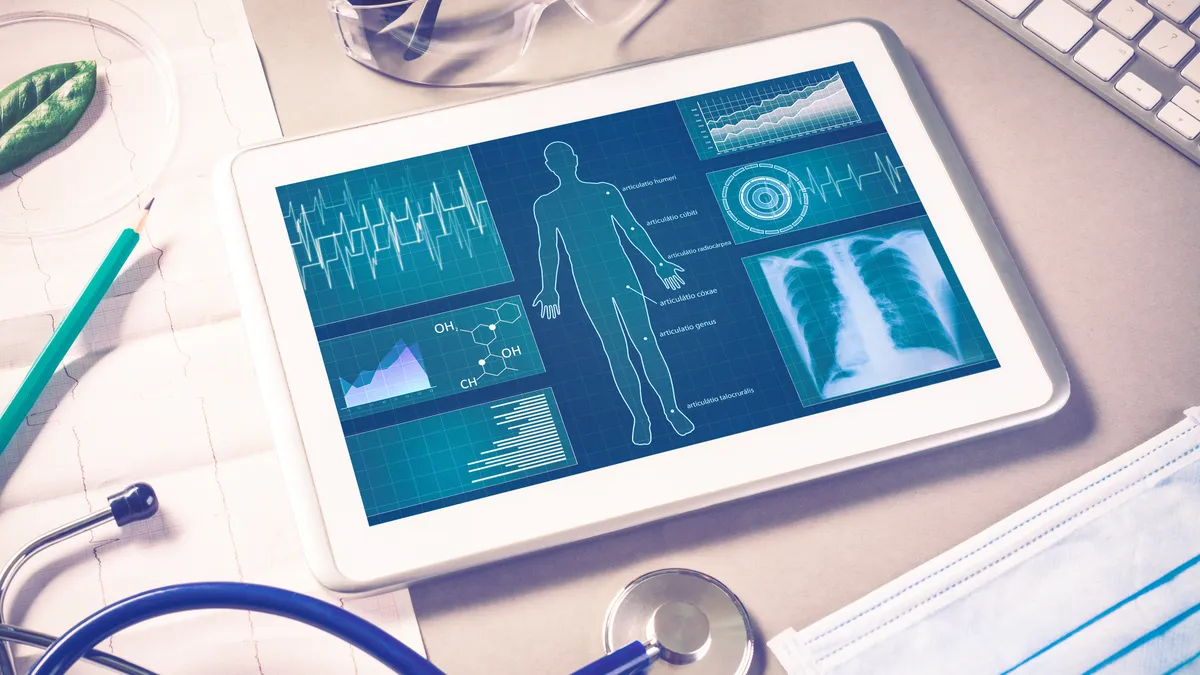Dive Brief:
- The FDA said it will allow marketing of the first mobile medical application that can be used as a contraception method. The agency granted marketing authorization for the app to Natural Cycles Nordic AB of Sweden.
- The Natural Cycles app uses an algorithm that calculates the days of the month a woman is likely to be fertile based on daily body temperature readings and menstrual cycle information entered into a mobile device.
- The app displays the message "use protection" on days a woman is likely to be fertile. Women using the app to prevent pregnancy should abstain from sex or use protection such as a condom when they see the message, FDA said.
Dive Insight:
The app is a high-tech twist on an old-fashioned form of birth control known as the rhythm method.
The product though has generated controversy in Europe, where women have reported unplanned pregnancies while using it, including a British writer who wrote a first-person account for The Guardian. The newspaper also reported that the U.K.’s Advertising Standards Authority is investigating the company’s advertising claims on social media.
Natural Cycles requires women to take their temperature first thing in the morning using a basal body thermometer and enter the reading into the app. Basal body thermometers are more sensitive than regular thermometers and detect a minor rise in temperature, about half of one degree Fahrenheit, around the time of ovulation, FDA said.
Clinical studies to evaluate the effectiveness of Natural Cycles for contraception involved 15,570 women who used the app for an average of eight months, the agency said.
FDA said the app had a failure rate of 1.8% for women who became pregnant after having sex on a day when the app predicted they would not be fertile, or whose contraceptive method failed when they had sex on a fertile day. The failure rate increased to 6.5% when accounting for women sometimes not using the app correctly, including having unprotected sex on fertile days.
"Consumers are increasingly using digital health technologies to inform their everyday health decisions, and this new app can provide an effective method of contraception if it’s used carefully and correctly," said Terri Cornelison, assistant director for the health of women in FDA’s Center for Devices and Radiological Health, in a press release. "But women should know that no form of contraception works perfectly, so an unplanned pregnancy could still result from correct usage of this device."
FDA approved the Natural Cycles app through the de novo premarket review pathway for new low- to moderate-risk devices. Subsequent devices with the same intended use may go through the 510(k) process to obtain marketing authorization by demonstrating substantial equivalence.
Last year, FDA released a Digital Health Innovation Action Plan for regulating digital health technologies like the Natural Cycles app.










